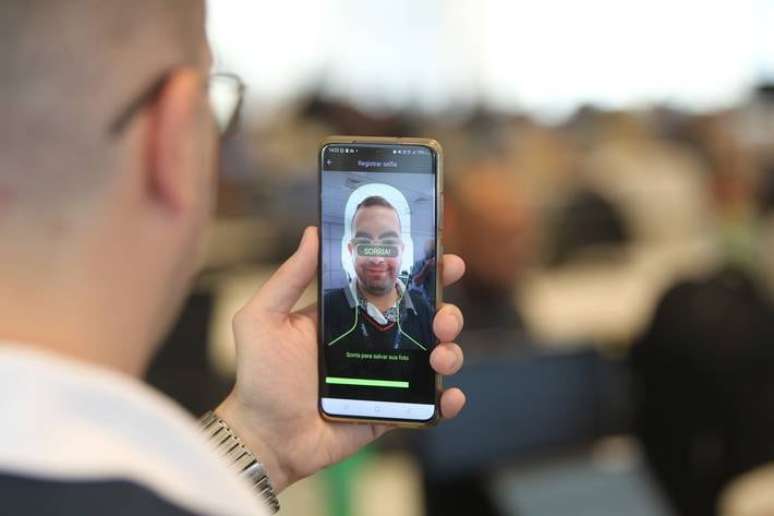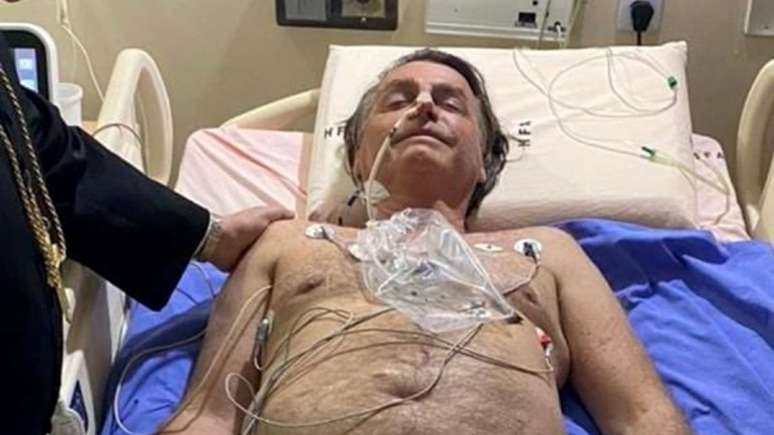The study shows that fraudulent practices or unnecessary procedures consumed approximately R$34 billion of what operators collected in 2022; practices lead to increased monthly payments for the consumer
For every R$100 invoiced by health insurance receiving monthly fees from its customers, R$ 12.70 is lost due to fraud and waste, shows a study carried out by the consultancy firm EY and published on Tuesday 21st by Institute for Supplementary Health Studies (IESS).
Based on the analysis of industry financial data, projections and questionnaires with 14 operators and dozens of experts, researchers estimated that 12.7% of the approximately 270 billion reais invoiced by companies last year was consumed by fraudulent practices or waste, which represents approx R$34 billion.
There is no data on how much of this amount is lost to fraud and how much is wasted on waste, but the study estimates, for example, that between 12% and 18% of hospital invoices contain incorrect entries and between 25% and 40% of hospital bills contain incorrect items. % of laboratory tests are not necessary. This indicates that 15 billion Brazilian reals have been spent on fraud in hospital bills alone. Unnecessary tests consumed R$12 billion.
For Cassio Ide Alves, medical superintendent of the Brazilian Association of Health Plans (Abramge), the percentage is “unacceptable” and much higher than that observed in developed countries. “We evaluate this percentage as absurd, unacceptable and unsustainable. We cannot be satisfied with any index, the ideal would be zero. But, until we have legislation and standards that allow the fraudster to be punished, we must try to reduce this index to the one observed in countries like the United States and those of the European Union, where it is around 7%,” he says.
The study identified the most frequent frauds with the greatest financial impact on the sector:
- Tampering with the procedure
- Overuse
- Concealment of pre-existing condition
- Provision of login data to third parties
- Refund without disbursement
- Falsification of exam reports
- Fake service
- Breakdown of receipts
- Double refund
- Fake invoice
As regards the main types of waste, the study lists:
- Overpaying
- Waste of unused materials
- Excessive use of high-cost inputs
- Ineffective and inappropriate service (low value)
- Adverse events that can be prevented
- Duplications of services
In 2022, the integrative healthcare sector recorded an operating loss of R$11.5 billion, the worst financial result since 2001, when the sector began to be regulated by National Agency for Integrative Health (ANS).
One of the reasons given by operators is precisely the increase in fraud, especially in refund requests. According to Estadao As demonstrated in July, the increase in these cases pushed companies to launch an offensive against fraudsters which included reporting to the Prosecutor’s Office, the use of artificial intelligence to identify fraudsters and the tightening of the rules for requesting of reimbursement.
The high costs of new treatments, the increase in elderly beneficiaries and the increase in jurisdiction in the healthcare sector also weigh on the imbalance in the sector’s accounts. The situation weighs heavily on the pockets of consumers, who complain about the high cost of the service. This year the adjustment index defined by the ANS for individual and family plans was equal to 9.63%, almost double the inflation accumulated in 2022, equal to 5.78%.
In collective and association plans, in which the adjustment is not regulated by the ANS, the increases can reach 82%, according to a study by the Consumer Protection Institute (IDEC) based on the rates charged in the last five years.
How Fraud and Wasteful Spending Affect Consumers
While fraud and waste are not the only factor explaining the rise in operator spending, experts say the high cost of these practices ends up being passed on to the consumer as adjustments are calculated based on how much they spend last year. .
“The impacts fall on all purchasers and payers of health plans. The reason is that fraud and waste appear in operators as expenses, which ends up increasing readjustments. If they didn’t exist, monthly payments would certainly be lower. Which may seem like a “Action with low individual impact, when aggregated into behaviors that become generalized, ends up representing a high percentage of revenue”, says José Cechin, executive superintendent of the IESS.
For Alves, from Abramge, the impact is not only on the pockets of those who already have health insurance, but also on those who cannot access supplementary healthcare. “The impact is on the entire ecosystem. The fraudster is violating the principle of mutualism. We have impacts on the monthly fees and also on access, because new beneficiaries have more difficulty accessing it because the initial price of the plan also changes,” he says he.
The typology of fraud has changed after ‘Prosthetic Mafia’
Cechin comments that the profile of fraud has changed in recent years, after the discovery of the prosthetic mafia in 2015, a system that involved companies, lawyers and even doctors who overestimated the materials used in orthopedic practices and even performed operations that were not necessary.
“Traders have reacted to this situation by adopting direct purchases, second opinions, etc. Now the fraud has moved to refunds. In this sector it can be said, with a good degree of certainty, that it has increased,” says Cechin.
According to him, one of the objectives of the study is to provide operators with recommendations on how to try to combat fraud and reduce waste. Among the proposed measures are investments in specific committees to combat fraud, use of technology to identify and curb the practice, educational campaigns and closer contact with beneficiaries.
“I would like to underline that it is urgent to continue information and educational campaigns: people have lost the idea, for example, that opening receipts is fraud; to exchange information and experiences about fraud and fraudsters and to improve the techniques that make it difficult to commit and facilitate the detection of fraud and waste, using data science and artificial intelligence,” says the IESS Executive Superintendent.
When asked what the industry is doing to combat fraud and waste, Alves, from Abramge, said that, in relation to fraudulent practices, they are trying to use technological tools to both diagnose fraud and curb it, as a requirement of facial biometrics for beneficiaries to request reimbursement.
As for waste, he states that a joint effort is needed between operators, ANS, doctors, professional associations and patients. “We need to introduce more protocols, lines of care, evidence-based medicine and technology assessment,” he says, referring to establishing guidelines that reduce unnecessary procedures.
Source: Terra
Ben Stock is a lifestyle journalist and author at Gossipify. He writes about topics such as health, wellness, travel, food and home decor. He provides practical advice and inspiration to improve well-being, keeps readers up to date with latest lifestyle news and trends, known for his engaging writing style, in-depth analysis and unique perspectives.





![Everything starts here: What are you waiting for on Tuesday, September 16 in 1264 episodes [SPOILERS] Everything starts here: What are you waiting for on Tuesday, September 16 in 1264 episodes [SPOILERS]](https://fr.web.img3.acsta.net/img/2d/2c/2d2c88e94ddd9c5ee182b140e8964db5.jpg)


